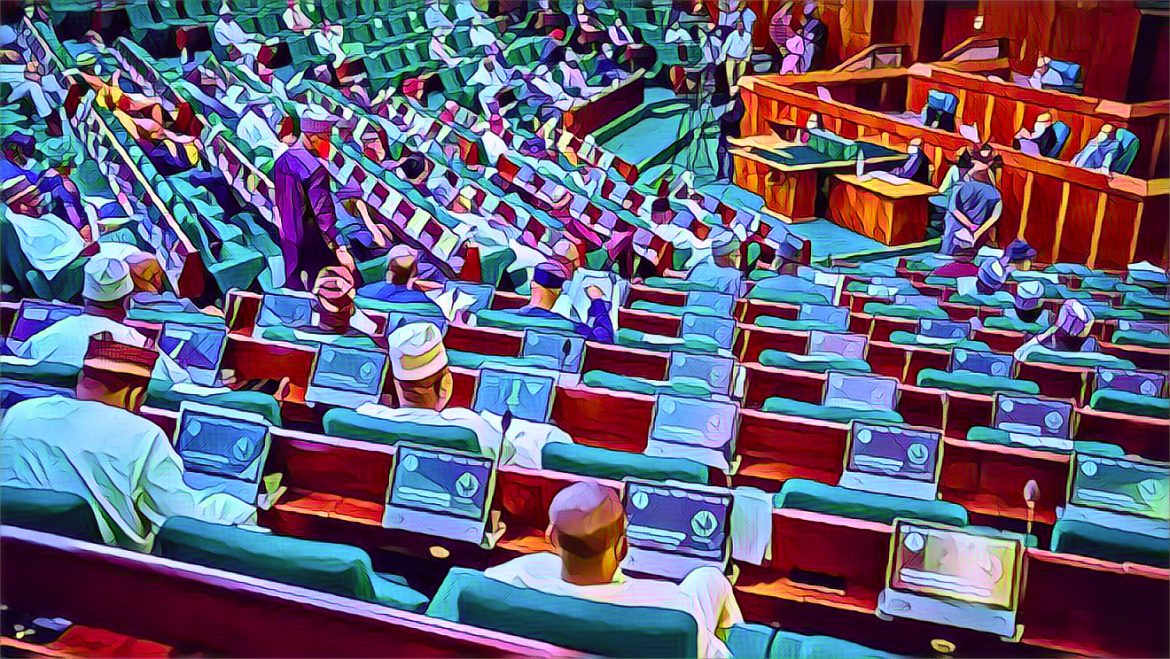House of Representatives is set to delve into the circumstances surrounding the abandonment of a significant power project, a joint venture between the Nigerian National Petroleum Corporation (NNPC) and the Nigerian Agip Oil Company (NAOC), valued at $38.7 million. This investigative move comes in response to a pressing motion put forth by lawmaker Nnamdi Ezechi, highlighting the urgent need for federal intervention.
Ezechi, in his compelling argument, highlighted that the Okpai Independent Power Plant’s Phase 2 project had received the green light from the National Electricity Regulatory Commission but saw a disappointing halt in construction despite the injection of substantial funds. Initiated in November 2017, the project was poised to bolster the nation’s electricity generation but now sits in neglect, with its completion stalled at 90%.
The site presents a picture of decay, with expensive equipment and turbines now hidden beneath overgrowth, a stark reminder of the project’s unfulfilled potential. Ezechi voiced concerns over the project’s abandonment, emphasizing the dire implications for national investment and the broader goal of enhancing Nigeria’s power infrastructure.
Further complicating matters is the opacity surrounding the project’s financial dealings, casting shadows of doubt over the transparency and accountability of its execution. The involvement of NAOC and Saipem Contracting Nigeria Limited (SCNL) in the project’s award and execution has drawn particular attention, prompting calls for a thorough investigation.
In light of these concerns, the House has tasked its Committee on Power with conducting an exhaustive inquiry into the project’s financial allocations and contractual obligations. The committee is expected to identify the core issues that led to the project’s cessation and present their findings within four weeks, setting the stage for potential legislative remedies.
This probe signifies a critical step towards rectifying a situation that not only signifies a loss of significant fiscal resources but also hampers the nation’s progress in addressing its electricity shortfall. As the investigation proceeds, stakeholders and the Nigerian public eagerly await answers that may revive the project and, with it, hopes for a more electrified future.
The House of Representatives’ decision underscores a broader commitment to safeguarding public assets and ensuring that essential infrastructure projects, pivotal for national development and welfare, reach their fruition. As this story unfolds, it will undoubtedly shed light on the complexities and challenges of managing large-scale energy projects in Nigeria, offering valuable lessons for future endeavors in the sector.


